
Come Study With Me! AI in the Music Classroom
This online course on AI (artificial intelligence) is intended for all K-12 music educators who have an interest in the impact that AI and related technologies will have on the music industry, and music education. There will be five “live” class sessions using Zoom – each approximately two hours in length. Registration will be open for the duration of the course and all classes will be recorded to allow for asynchronous participation.

Tool: Magic School
With the vast proliferation of AI-assisted tools cropping up over the past few months, one has caught my attention in particular. It’s called Magic School, and it just crossed the 2 million user mark - quite impressive. They currently have over 2,500 school districts signed up and it’s not surprising given the sheer number of AI-assisted productivity tools that they have made available. While these tools aren’t specifically targeted towards music educators, almost ALL of them have very cool uses in the music classroom. Here’s a short YouTube video overview that provides a look at several of these tools.

Livestream Opus 38
Whenever I am asked to identify examples of the best technology integrations in music education - the top of my list is always Music-COMP - formerly the Vermont MIDI Project. The COMP part stands for Composition Online Mentoring Program. The organization was started back in 1995 by Sandi MacLeod and Anne Hamilton as a way to teach students in grades 3-12 in Vermont how to compose original music. The original program had teachers sending MIDI files of student work to a composer who would then provide feedback via email. In the nearly 30 years since then, the program has flourished and I am a HUGE fan. Students no longer have to reside in Vermont to participate in the program. If you have a young composer in your school, you should DEFINITELY consider signing them up for mentoring. Tomorrow night, Tuesday, April 30th, you can livestream the concert free of charge, and I highly recommend tuning in.

CSI Southeast Recap
I’m currently sitting in the United Club at Atlanta’s Hartsfield-Jackson Airport ready to head home after a fantastic day at the CSI Southeast event, hosted on the mind-blowing campus of North Atlanta High School - a former HQ for IBM. The folks at Conn Selmer really know how to put on a great PD event (Erin Cole Steele & Beth Horton), and I was honored to once again present a session for the Music Administrators Collaborative - headed up by my good friend Rick Ghinelli. I was joined by my good friend and colleague from MusicFirst, Robin Hodson. I presented a session titled Music Education at the Crossroads: The Impact of AI & Technology. I have posted the slide deck HERE if you’d like to grab it. I was able to attend some stellar sessions by the amazing CSI faculty, and catch up with my good friends from the music education industry as well. This event marks the end of the conference season for me, and I head home after a LONG and intense travel schedule to enjoy about 6 weeks off the road for work. While I always enjoy spreading the word about MusicFirst and music technology, it’s also nice to spend a good stretch of time with my family.
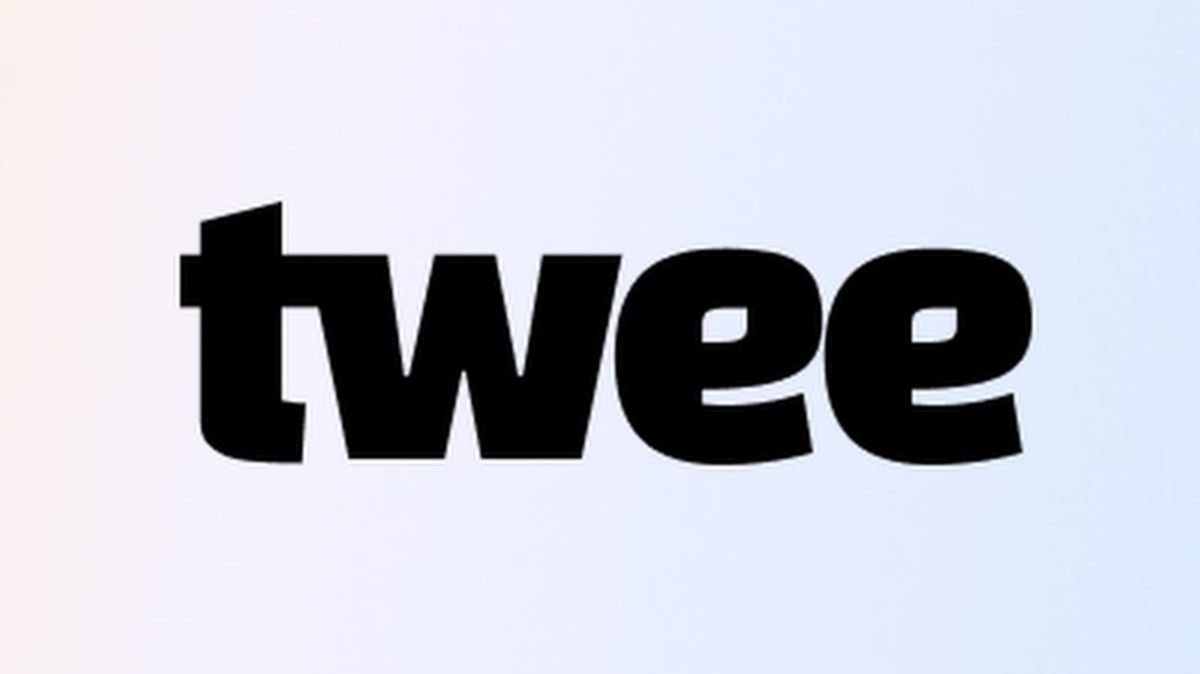
Meet Twee! It’s not just for English teachers
I recently stumbled across an AI tool for English teachers called Twee that is actually really useful for any teacher - including music teachers! This multi-function AI powered tool allows you to do LOTS of different things - from lesson planning to creating assessments. While there are a ton of features that are specific to writing, vocabulary and grammar, there are some features that I think music teachers will love using. My favorite is the ability to analyze ANY video and create assessments with a variety of options. From being able to generate multiple choice to open ended questions, this is a time saver and I recommend checking it out to see whether you might be able to use it with your students. Here are a number of examples of how I think it could be used with any music program.

Tool: Gennie - the AI-powered Sample Generator in Soundation
MusicFirst partnered with an online DAW called Soundation Education right at the very start and it has been great to see the product progress over the last 12 years. Recently they have announced a new AI-powered sample generator called Gennie - and it is VERY cool. Unfortunately, it is only available in the consumer version of the product - so educators will have to wait a bit to use it with their students. It basically uses text prompts to create high-quality audio samples. Gennie creates 12-second-long musical samples based on the text prompts you type in. You can generate any type of loop you want - drum loops, bass lines, melodies, chords, and more, across a wide range of genres and styles. You’ll get even better results if you include the genre, tempo, instrumentation, and the mood you are looking for in your prompt. Here is a quick overview video of Gennie:

Tool: Vocal Doubler in Soundtrap
Last month, Soundtrap released a very cool feature in their online DAW called Vocal Doubler. This new feature/effect makes your vocal tracks sound much fuller and affords you the opportunity to do some pretty cool things. It essentially splits the original vocal track into twin modulated stereo signals, making it sound like there are several voices singing together in unison. Student vocal recordings are really enhanced with this tool - not by auto tuning (and of course you can do that), but by making them thicker and fuller. It’s really cool. Have a listen to these two audio examples. The first track is without the Vocal Doubler - and the second one is what it sounds like when you add it.
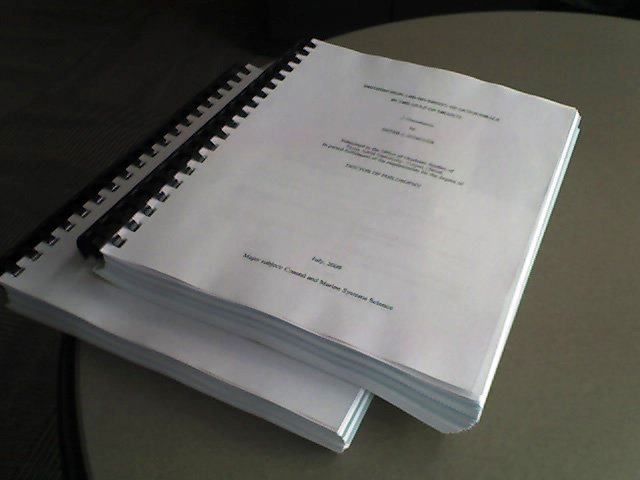
When Your Doctoral Dissertation Becomes a Successful Product
On a rainy day in March of 2002 in New York City, I did what so many graduate students hope to do as the final step of their educational journey. I defended my doctoral dissertation. Two months later, after some suggested minor revisions, my dissertation was published and I graduated with my Doctor of Education degree from Teachers College, Columbia University, along with some other incredible music educators. For the majority of dissertations, they then end up sitting on a shelf in the institutions’ library to hopefully get quoted in other research or serve as the foundation for further study. But for many, after years of diligent research, thinking and writing, the fate of the research that defines doctoral students often simply gathers dust - a necessary step to get the doctoral hood. For me, I have had the incredible fortune of turning all of that work - now 22 years old - into a product that is now used by millions of teachers and students around the world. It’s called the MusicFirst Classroom.

Join Me @ CSI Southeast!
On Saturday, April 27th, 2024, I will once again join the amazing faculty of the Conn Selmer Institute (CSI) at their Southeast Regional Event in Atlanta, Georgia. This event will take place on the campus of North Atlanta HS and CSI is offering an enriching full day of professional development for music educators and college students by some amazing music educators, including Dr. Tim Lautzenheiser, Richard Saucedo, Dr. Myra Rhoden, Dr. David Vandewalker, Stephen Lawrence Carroll, Travis Downs, Erin Cole Steele, and MANY more! I’ll be presenting a session titled Music Education at the Crossroads: The Impact of AI and Technology to the Music Administrators track. The fee for the full day of PD is only $99 and you can register right now to ensure your spot! Lunch will be provided for all attendees.
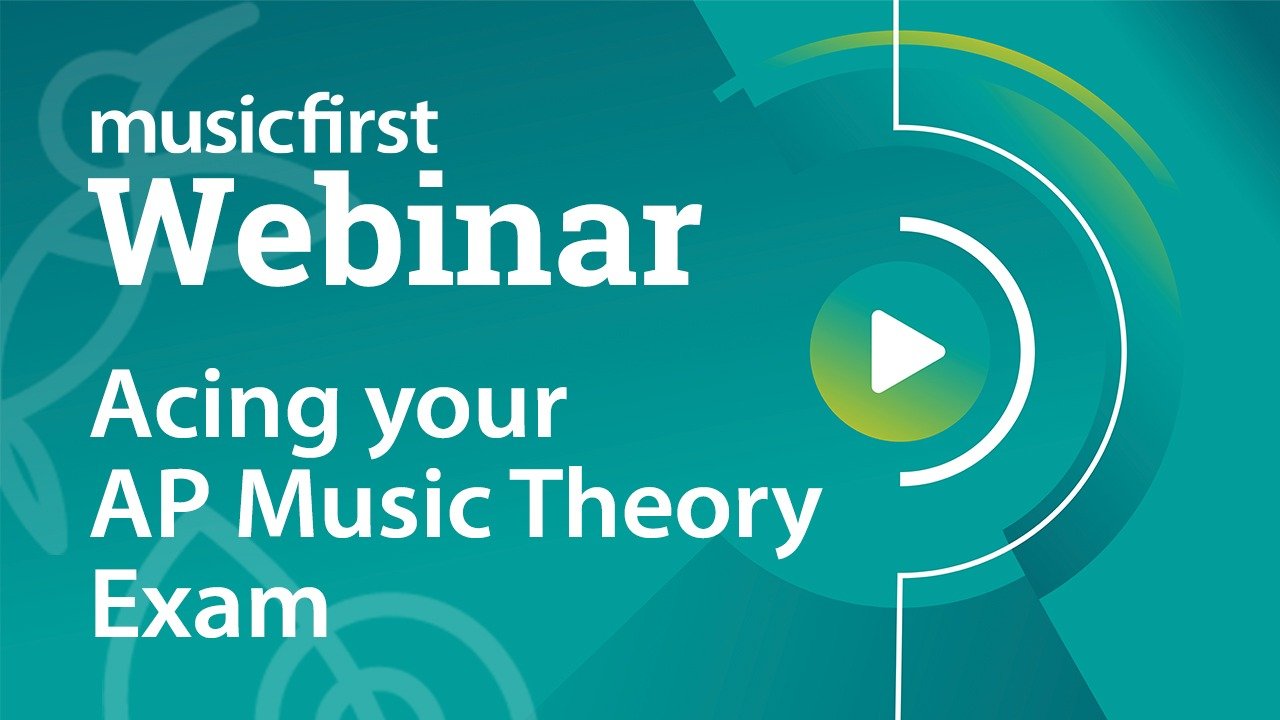
AP Music Theory Webinar - Thursday April 18th
Tomorrow night (Thursday, April 18th) at 8pm ET, I will be co-hosting a webinar through MusicFirst that is intended for any student taking the upcoming AP Music Theory exams with my good friend Tim Wilson from Rising Software. The webinar, titled "Acing Your AP Music Theory Exams" , is a wonderful resource for students preparing for their AP Music Theory exams next month, as well as their teachers. This engaging session will focus on effective strategies to identify and overcome trouble spots, solidify your understanding of key music theory concepts, and enhance your skills through targeted practice of exam questions. Whether you're a student aiming for a high score or a teacher looking to support your students effectively, this webinar will provide valuable insights and tools to ensure success on the exam.

Tool: Music Snippet from Flat
If you’ve ever struggled to create worksheets with musical examples - especially within a Google doc or other non-music software program, then you’ve probably felt the pain of taking very small screenshots, saving them as JPEGs, and then inserting them into the document using text boxes or other methods. It has always been a clunky and time consuming - until now. I found out about the Music Snippet tool from my good friends at Flat for Education. Music Snippet is an intuitive Chrome browser add-on that enhances Google Docs & Slides for music creation. It allows you to effortlessly create and tweak an unlimited number of music snippets—perfect for adding to your music theory assignments, creating lesson plan materials, and sparking creativity among your students.
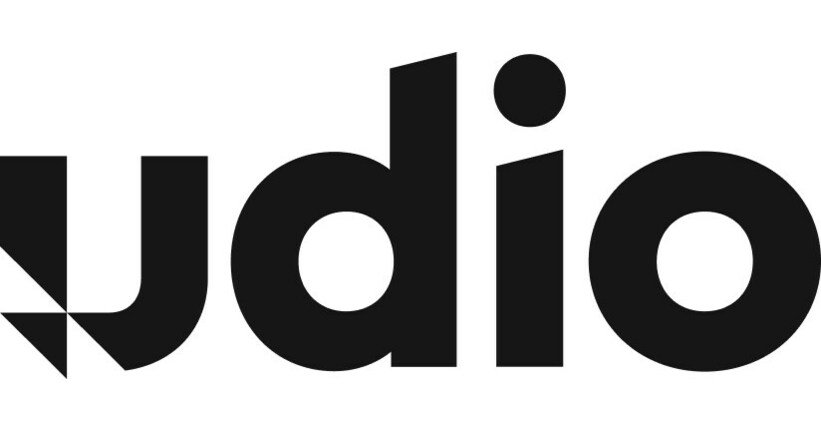
The Future is Here: Meet Udio
Just as I was getting over the shock of how good Suno.ai is at writing songs using AI, BOOM - along comes Udio. While on the one hand I can see that songwriters and copyright holders aren’t going to like this one at all, the tech side of my brain is absolutely blown away by how powerful Udio is - and it’s only in Beta. I learned about AI in a recent article in Rolling Stone magazine titled AI-Music Arms Race: Meet Udio, the Other ChatGPT for Music, and immediately visited Udio.com - as did EVERYONE else it seems. They are currently overloaded with requests to try out their stunning music generator, and I had to get on the waiting list to try it out. As soon as I woke up this morning I visited the site again, and to my surprise, I was IN! What follows is my reaction to this new tool, as well as some of the songs that Udio wrote for me based on my text prompts.
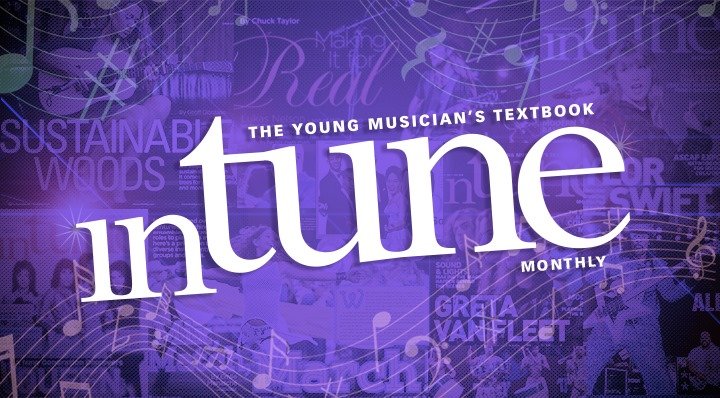
Resource: In Tune Monthly
In Tune Monthly is an incredible monthly online periodical that publishes interactive and streamed content eight times a year, from late September through April. Designed with middle and high school music students in mind, InTune simplifies complex music concepts for students and focuses heavily on the music and musicians that THEY listen to and enjoy. In my opinion, it is the PERFECT resource for a middle school general music class, modern band program, or any curriculum that is looking to incorporate popular music. For the past seven years, In Tune Monthly, both the Student edition and the Teacher edition, has been an included Resource in the MusicFirst Classroom.

Tool: Pink Trombone
Last night in my Music Tech class at Montclair State University, I was showing my students some fun online music tools. One of my amazing students, Elaria, mentioned a website that she used many times called Pink Trombone. I always get excited when a student tells me about a website that I’m not familiar with, and wow am I glad that Elaria told me about this one. Pink Trombone is an interactive website created by Neil Thapen that helps you visualize and HEAR how the human voice works. This is a WONDERFUL tool for any vocal coach/choir director/choral educator. You can control all sorts of parameters to see exactly what is happening inside your mouth when you make various sounds.
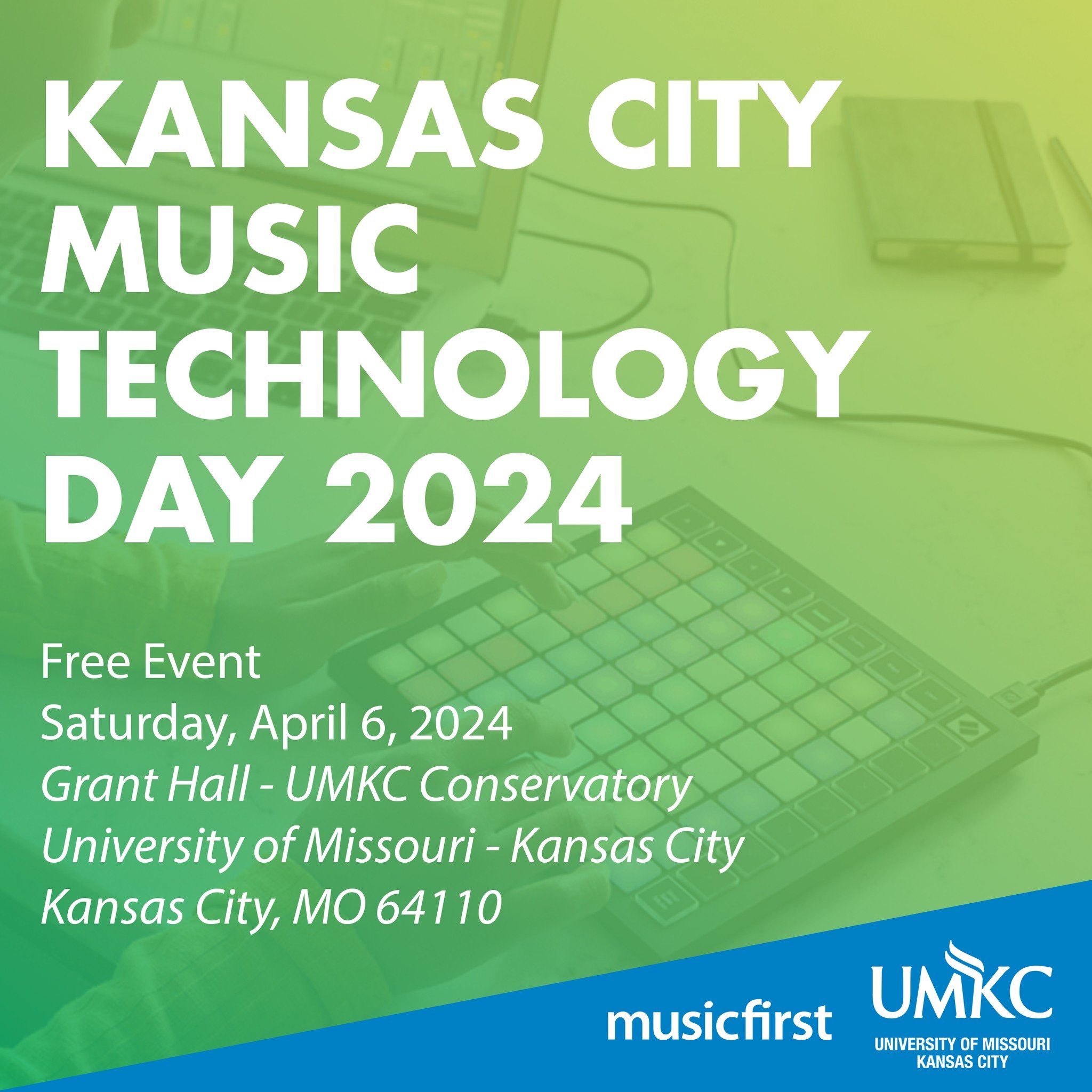
Kansas City Music Tech Day Recap
This morning I am flying home after presenting sessions on behalf of MusicFirst at the first ever Kansas City Music Tech Day, held on the beautiful campus of UMKC. The event was graciously hosted by the UMKC Music Department by Dr. Jennifer Sengin and Dr. Chuck Robinson. We had a small but enthusiastic group of music educators from around the Kansas City metro area and a full slate of sessions, including session delivered by Mandy Coday from the Blue Valley School District and Ryan Main, an award winning composer and educator. I had the honor of delivering the Keynote Address and I was joined by my MusicFirst colleagues, Jaye Mateyko and Mike Olander. It was a wonderful day and I thoroughly enjoyed speaking with the dedicated music educators who attended.

AI Tool: SynthGPT
There are SO many new AI music products hitting my feed every day and it is sometimes hard to keep up. The more I dive into these tools, the more my feeds entice me. One recent product that was popping up multiple times per day is called SynthGPT - from the folks at FADR. FADR is a company that has integrated AI into a bunch of cool tools, including the ability to Remix songs, separate stems from existing songs, and a slick DJ app that allows you to take your creations and perform them live. I will take a look at those options at a later time because I was focused solely on SynthGPT which touts that it can create synth sounds based on text prompts. I was SO intrigued by the concept that I actually shelled out $10 for a one month subscription so that I could access SynthGPT. I’m glad I did.
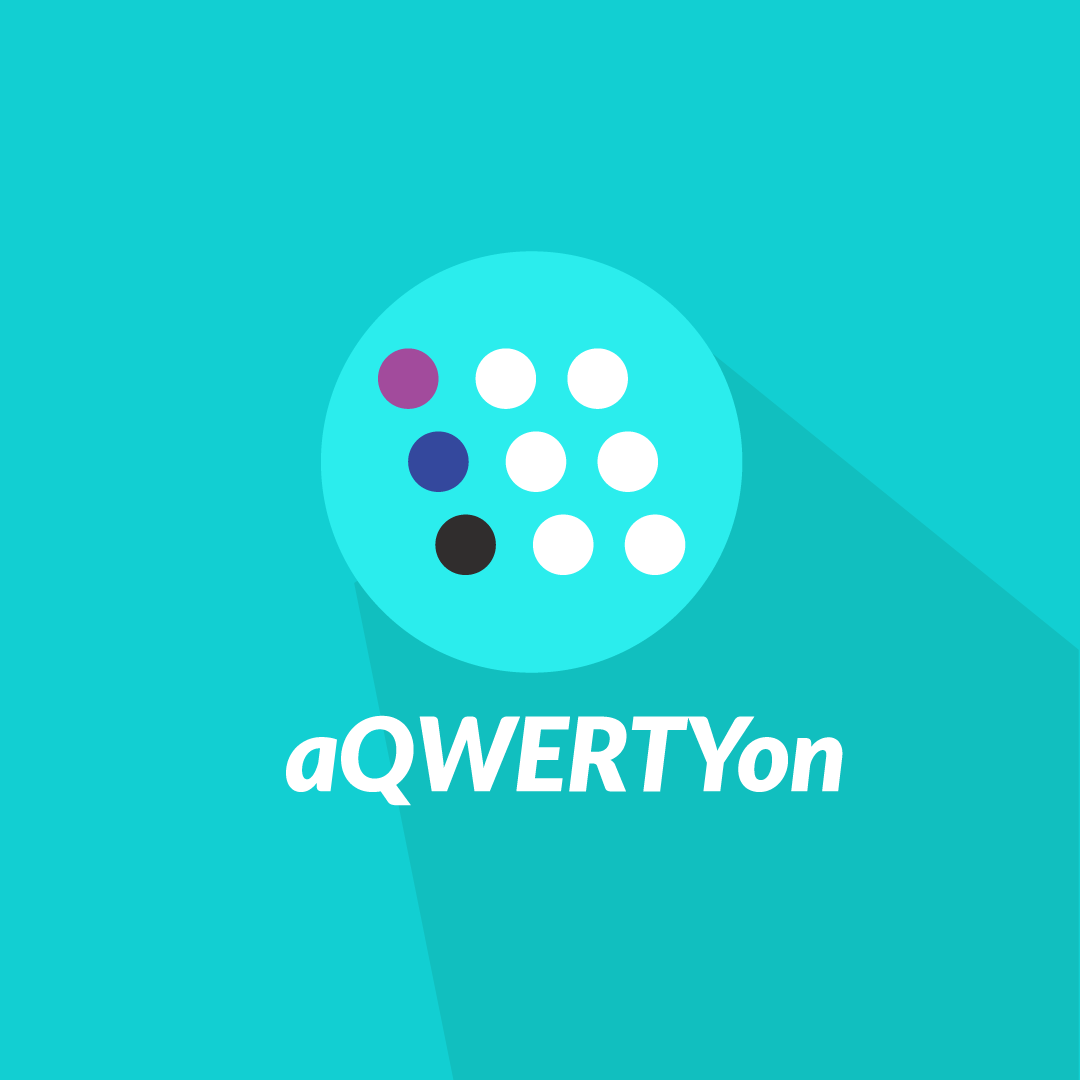
Tool: aQWERTYon
I just realized that I haven’t highlighted one of the coolest FREE tools available to music educators yet - especially those who do any sort of music composition, improvisation and music theory with their students. Meet aQWERTYon - created by the folks at NYU's Music Experience Design Lab, led by Dr. Alex Ruthmann. Think of it as turning your QWERTY keys into an accordion that doesn't require you to squeeze anything or wear funny hats—unless you want to, of course. There are two main parts to aQWERTYon: the aQWERTYon MIDI keyboard that allows you to learn, play and explore music using your QWERTY keyboard to play a variety of instruments by typing, and aQWERTYon for Theory - that includes a pitch wheel visualization to help students understand how music theory works. So how does it work and how can you use it with your students?

Introducing MarchFirst
Although we wanted to announce this game changing new product last month on March 4th (for obvious reasons), MusicFirst is THRILLED to finally announce today our latest offering - MarchFirst - a product that will revolutionize the marching arts. Through the power of AI, we have created a full suite of products and fabrics that will take your next show to the next level. MarchFirst includes everything you need to create, design, and win any competition. By harnessing the power of the latest AI innovations, MusicFirst has created drill design software, musical auto-arrangement software, and chip-enabled fabric with Bluetooth© technology that allows you to sync everything together, ensuring a perfect show every time. Here’s how it works:

Tip: What To Do When You Don’t Know the Answer
I have been training music teachers on how to use technology for the last 35 years. In that time, I have been asked thousands of questions about specific functions and features of software and hardware. In the 15 years that I taught in the New Jersey Public Schools I was asked tens of thousands of questions by my students on the same subject. Did I know the answers to ALL of those questions? Absolutely not. In fact, my students stump me almost every class, and I am supposed to be a music technology expert! In my opinion, this is the reason why many music teachers fear using technology to teach. What happens when the students ask you a question about a specific piece of software and you don’t know the answer? We are supposed to be subject area experts and not knowing an answer might make us look ill-prepared and less than an expert. Well for 99.9% of music teachers, we are NOT subject area experts on technology - we are experts in music and music education. This post is intended to provide you with some guidance on what to do when you don’t know the answer and hopefully illustrate that those moments are actually wonderful opportunities for both you and your students.

Elvis Lives! New AI Law named after the King of Rock and Roll
Last Thursday, the Governor of Tennessee, Bill Law, signed the Elvis Act - which stands for Ensuring Likeness, Voice and Image Security Act - the first law of it’s kind to protect musicians from AI by adding penalties for copying a performer’s “voice” without permission. This law is directed at AI tools like Voicify.ai - which interestingly just changed its name to Jammable. This site allows users to voice their own compositions with “sound alike” versions of popular musical artists. The new law was met with cheers from the numerous musicians that call Nashville home, including country singer Luke Bryan who said “I’ve just gotten to where stuff comes in of my voice, on my phone, and I can’t tell it’s not me, so hopefully this will curb it, slow it down.”